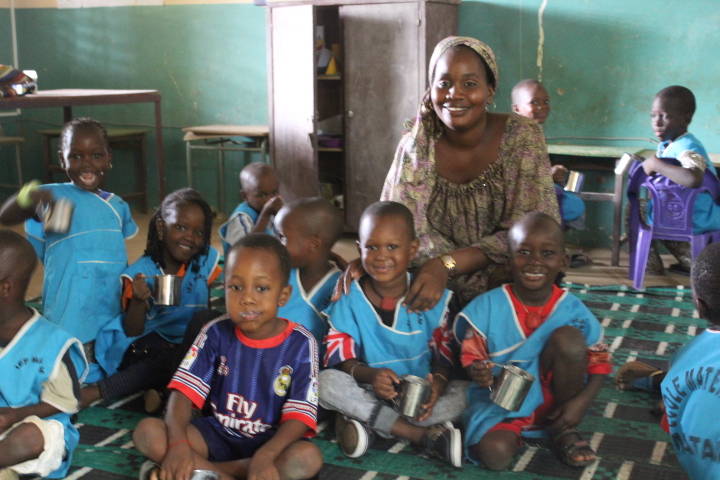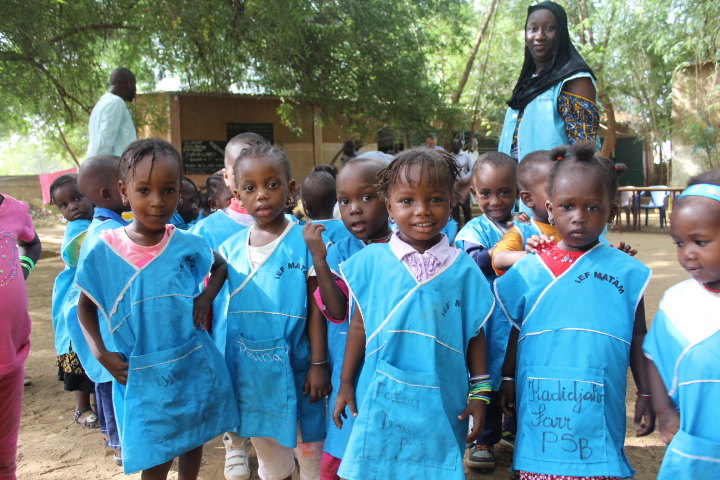Every day, in Senegal, once lush farmland is slowly eroding as the desert grows to meet it. Increasingly scarce farmland and dwindling crop yields are devastating to a country where three-quarters of its people are subsistence farmers. And children are some of the first to feel the effects.
Currently, more than 1 in 4 Senegalese children under five years old does not have enough nutritious food to eat.
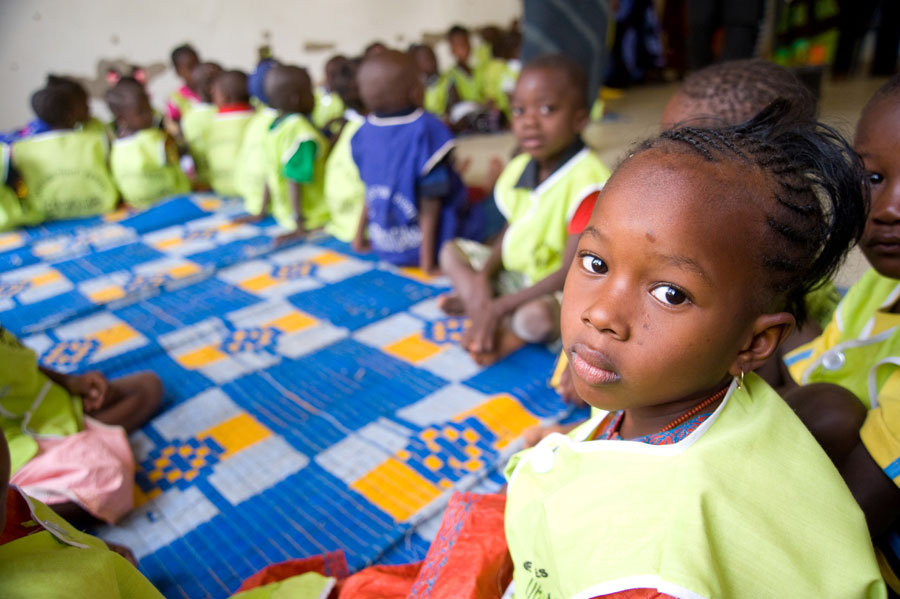
Studies have shown that hungry children are more likely come to school late or miss it entirely. Climate change and desertification are not only changing landscapes, it is robbing children in Senegal of an education and undermining their future. To keep a generation from being lost to these circumstances, quick action was needed.
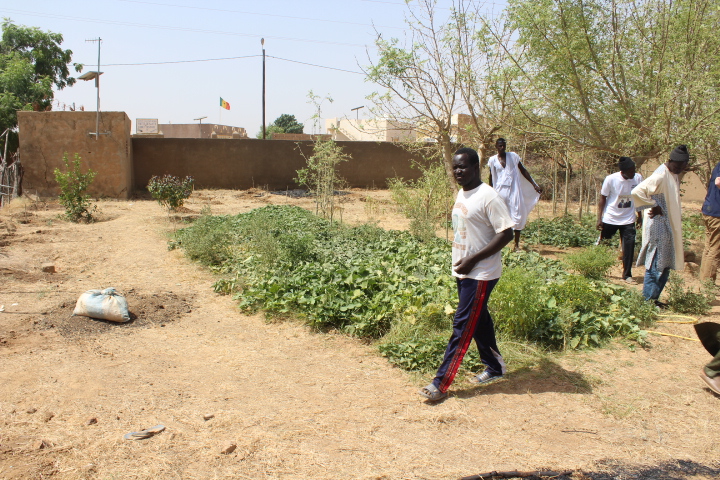
Partnering with parents, teachers and local community members, Counterpart is building Senegalese capacity to create sustainable community gardens in 20 schools across the St. Louis region. Using their training on sustainable agriculture practices, cooking techniques and food safety, teachers and parents tend the gardens and use the food to create nutritious meals for their students. The results have been transformative.
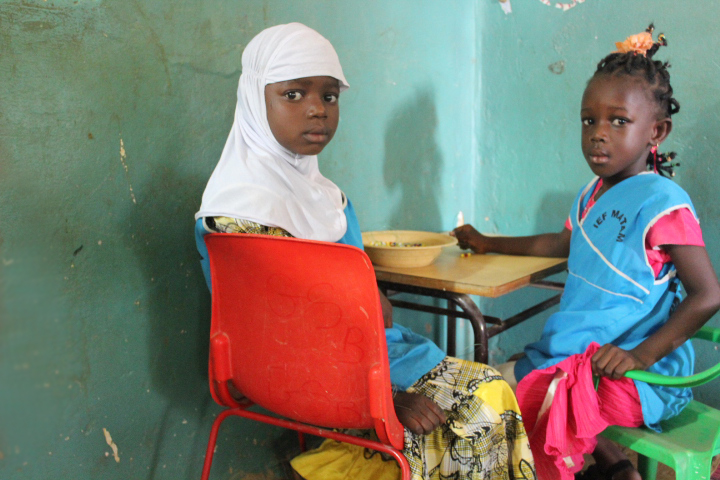
In the garden communities, students are happier, healthier and participate more fully in each of their classes. Fatou Gaye, a student at one of the schools, shared:
“…[this] allows us to better study and spend more time in school; as the proverb says: empty stomach has no ears.”
School attendance increased dramatically- for girls it increase 26 percent! And more students are staying in school longer. Retention has increased from 85% to nearly 98% in target regions since the program began.
